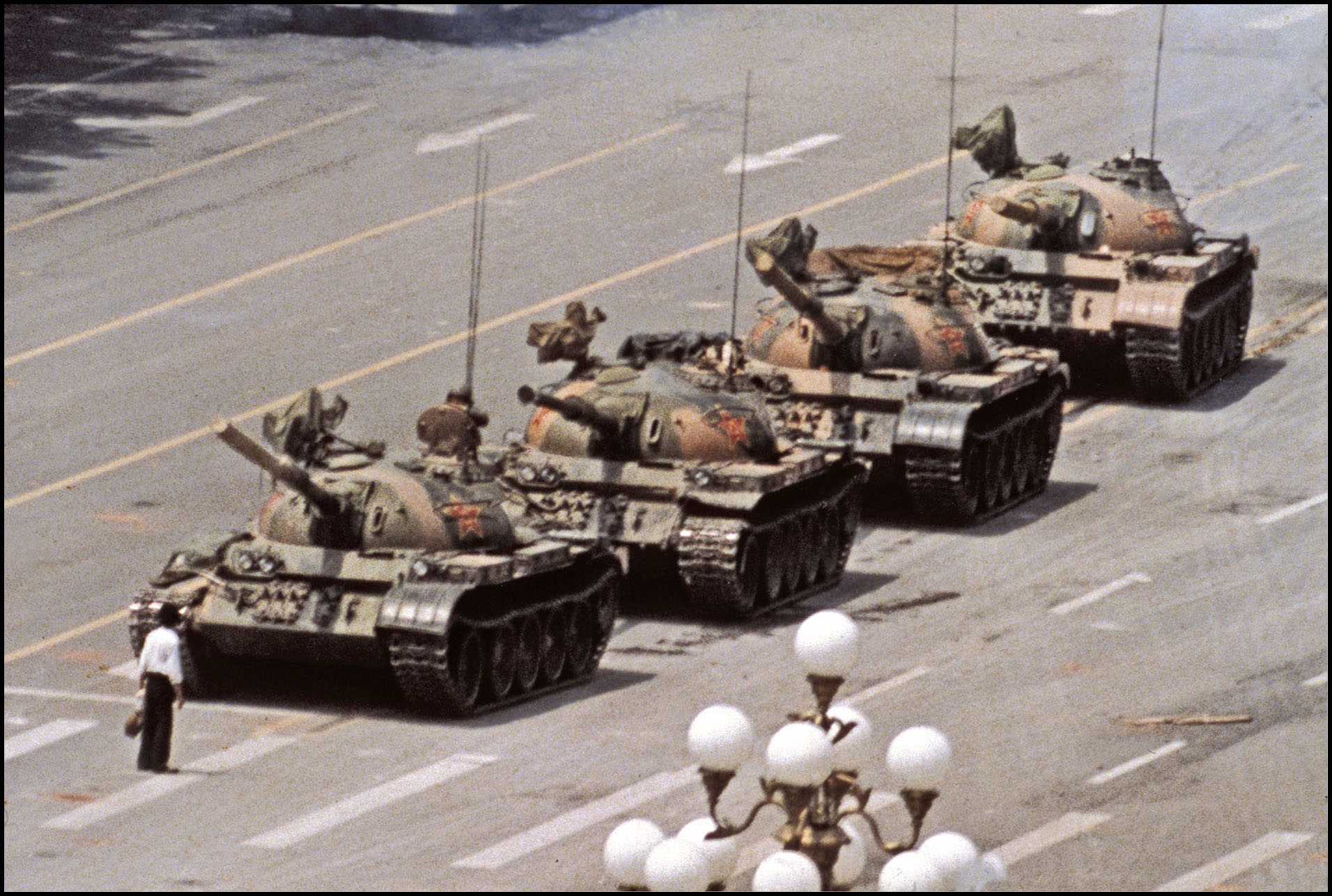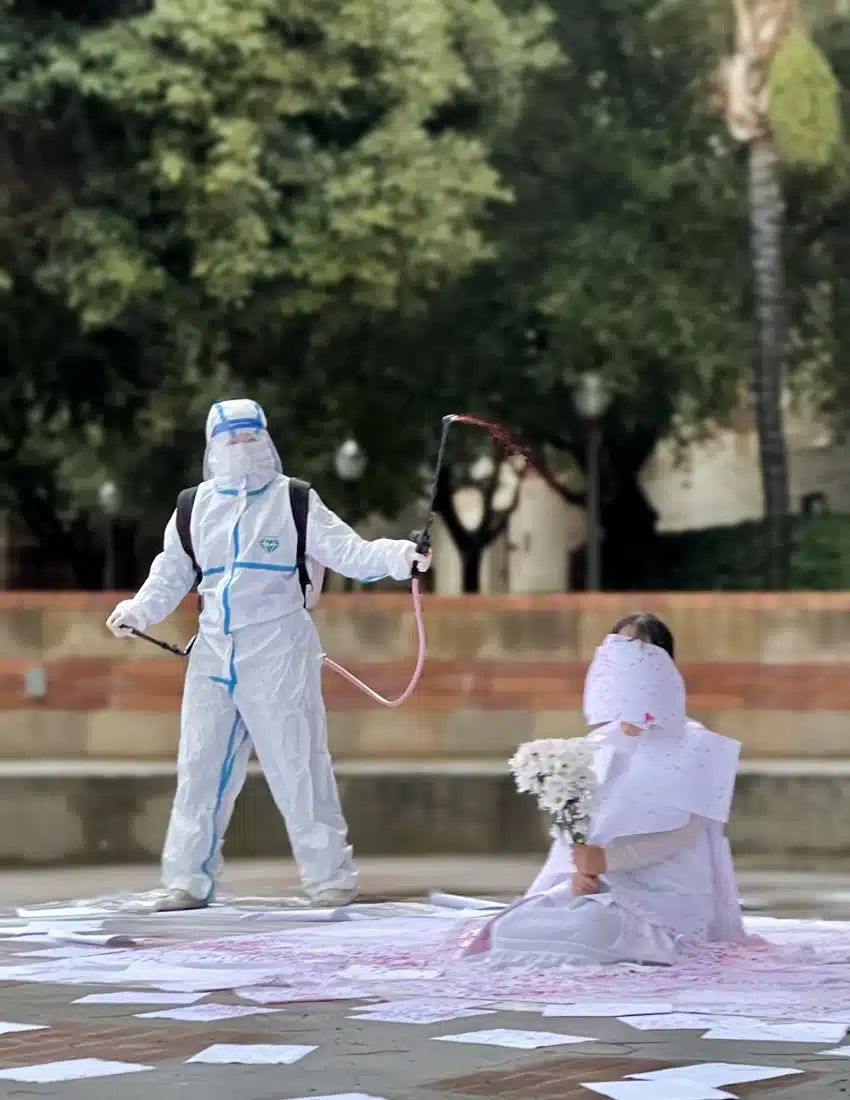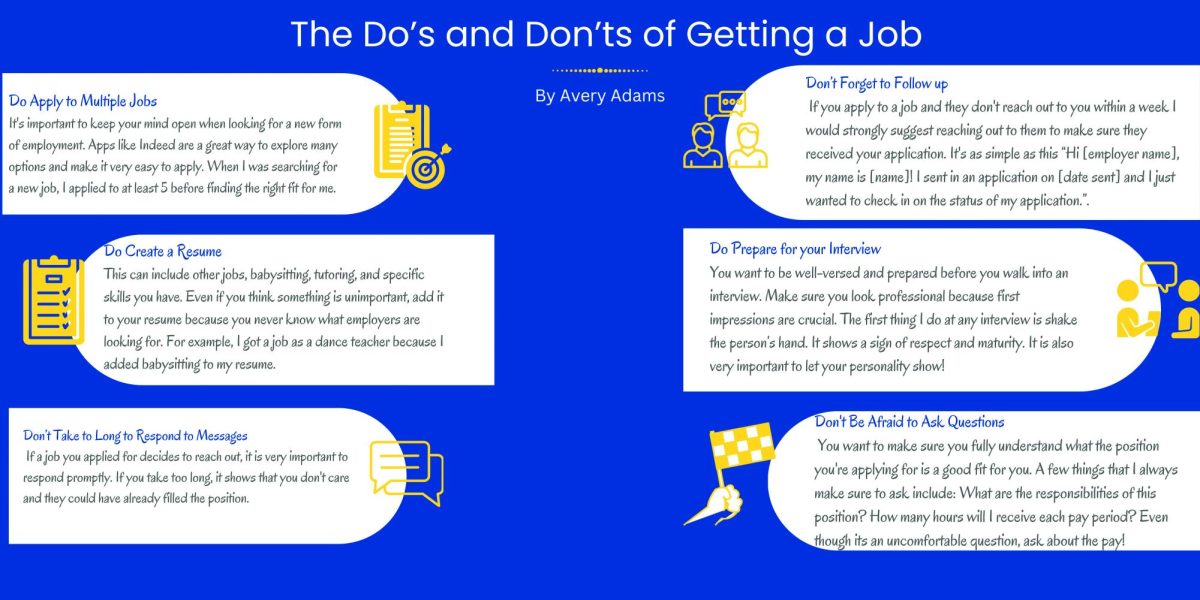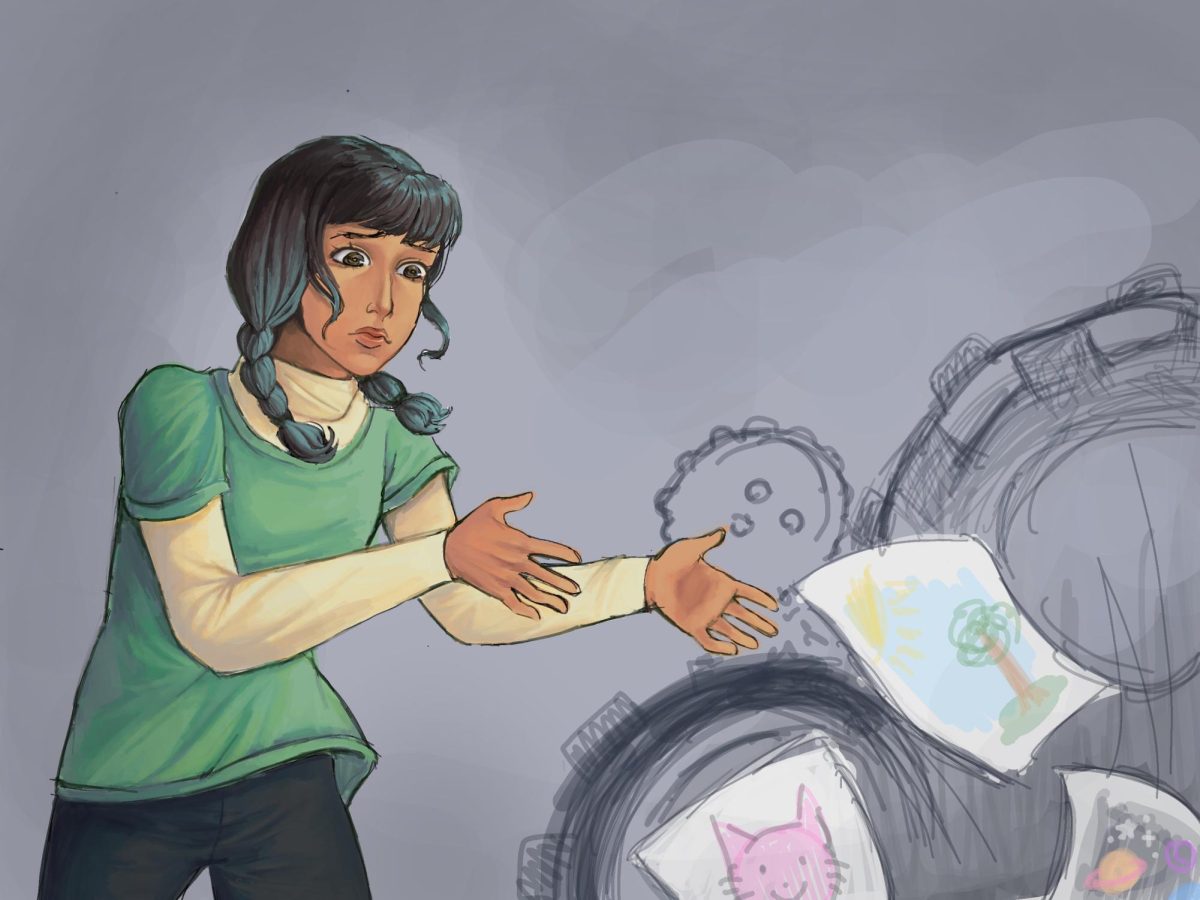This is Tankman.

It’s a symbolic picture from the 1989 Tiananmen Square protests and massacre. The series of protests marked one failed attempt at democracy reform in China. The Tankman symbolizes the power struggle in China; the people are to be crushed with one movement of the ruling communist party.
Let me remind you; the party has funded the world’s largest producer of fentanyl, making billions of dollars off illicit drugs, with large import into the United States.
So, many might ask, why isn’t there any reform for political openness going on?
Let’s go back to the start, it was the year 1989 when Taylor Swift was born, and the streets in China were buzzing with excitement. During the late 80s, China went through some huge changes. They had just come out of the Cultural Revolution, which killed around 2 million people. Under the new leader Deng Xiaoping, the Chinese Communist Party adopted a more open policy that encouraged private business, raised living standards and allowed for more freedom of expression. Right now, China is struggling between a rapid change to political openness, or continuing strict state control.
The ruling elites take the side of strict state control because it grants them more power and privilege. While more liberal members of the party, such as politician Hu Yaobang, are being kicked out of the party.
The young students growing up under educational freedom took the side of political openness. Hu Yaobang’s death sparked their anger. They started to commemorate this political leader and his policies of economic and political changes. But very soon, the protest evolved into a protest for more freedom in the country.
On June 2, 1989, the student’s peaceful protest reached its height. Thousands around the country gathered in Tiananmen Square. They gathered peacefully, but the Communist Party refuse to comply. On June 3, the government ordered army into Beijing. The Beijing residents flooded the street, using their bodies as a blockade between the guns and the student protesters, but the army fired anyway. It was the night of bloodshed that killed at least 10,000 people; by June 4, Tiananmen Square was cleared of students.
This is not the end of the atrocity. Beijing issued a wanted list of the protest’s ringleaders two weeks later. The Hong Kong residents, still with some freedom and power, united to help these leaders get out of China and escape to the West. The whole Hong Kong society, from political leaders to different gangs, were all involved. But they were only able to save a small portion of students. The rest were never heard of again.
The blood of the young protesters did not wash away the flawed political system Ironically, it only enforced the party’s goal to continue a strict state control system and it shut the people inside. Thirty years. There isn’t a large protest.
For the next thirty years not much happened. There was still a small group of people seeking justice: human rights lawyers. But all of them were tortured. One of the lawyers, Xie Yang, exposed his agony in his transcript, sent to the Guardian, “One or two would grab my arms while someone used their fists to punch me in the stomach, kneed me in the stomach, or kicked me with their feet.” That was a representation of thirty years, from 1989 to 2019.
Thirty years later, the CCP extended its control to Hong Kong. In February 2019, Hong Kong officials, under political pressure from China, proposed an amendment that would allow extraditions to mainland China. This means that if anyone spoke out against the communist party in Hong Kong, they were sent to China and jailed. If the amendment passes, Hong Kong will no longer have the privilege of freedom.
On June 9, 2019, about half a million people took to the streets to protest. Police fired bullets and tear gas, marking the most violent protest in decades. Following that, there was still a series of protests. Finally, the Chinese Communist Party sent in their policies to shut down the protesters. On November 29, the police arrested more than 1100 young protesters. Six months later, after many crackdowns, the law was passed. The fifteen leaders of the movement were all arrested.
After 2019, we all know what happened, the pandemic. In China, the government pursued the policy of a lock-down, putting locks on every apartment and blockades on the roads. The people were obedient at first. The government, with no ability to correct itself, kept pursuing this aggressive policy.
But people can only be locked in for so long. On November 11, an apartment building in Urumqi, Xinjiang (west China), caught on fire. The doors of each floor are locked and chained with iron, there is no way for residents to escape. The roadblocks on the road prevented the firetruck from getting there in time. Because of the inhuman COVID policy, an estimated forty-four people died in the fire. There is a video of a child screaming “Dad, dad, save us!” in a burning building all over the Internet, breaking the hearts of millions of Chinese people.
People started holding memorial events for the victims in Xinjiang, like the protest in 1989, which soon evolved into a protest for more personal freedom. This time, the protesters didn’t hold any group slogan. Instead, everyone holds a piece of white paper, symbolizing the diminishing space of free speech. We know these slogans are not allowed, we know the slogan will be taken away, we know what each other will write on the paper, so what’s the use? Therefore, the protest is called “White Paper Revolution”, or “A4 Revolution” since most people are holding A4 print paper.
On November 26, people gathered in Shanghai’s Urumqi road, holding white A4 papers in hands, yelling for the communist party to step down. Police interference eventually halted the protest. The protest initiator, who first held up a piece of white paper, was jailed in a psychiatric hospital. It is unknown if she’s dead or alive.

So looking back, from the Tiananmen Square massacre to the White Paper revolution, we can see a clear pattern. The people protest, the authorities use force to put down the protest, the people escape or are jailed. Then the new generation stands up, protests, threatens, escapes or are jailed. And that’s seventy-four years in China.
But they didn’t give up. Many younger Chinese, especially college students in Europe and North America, have been spreading information outside the country, hoping to let the international community recognize the people’s effort in reforming their home country. With the attention and help from the international community, they might be able to win the fight for democracy.









Tok • May 6, 2024 at 5:28 am
Thanks for the informative article!